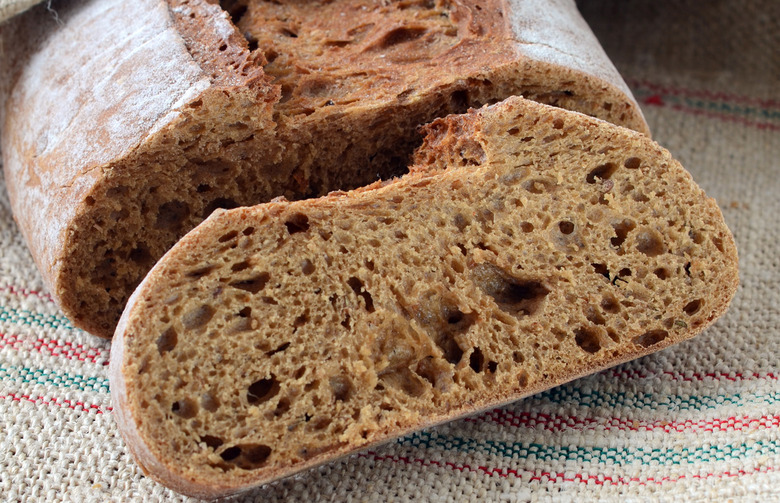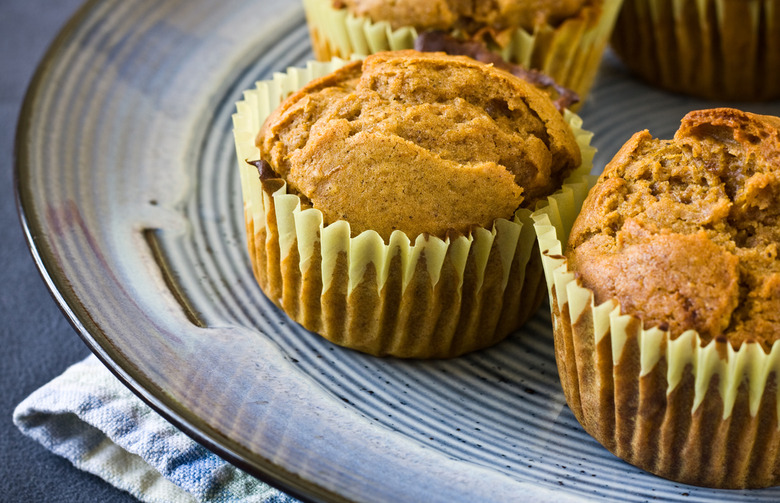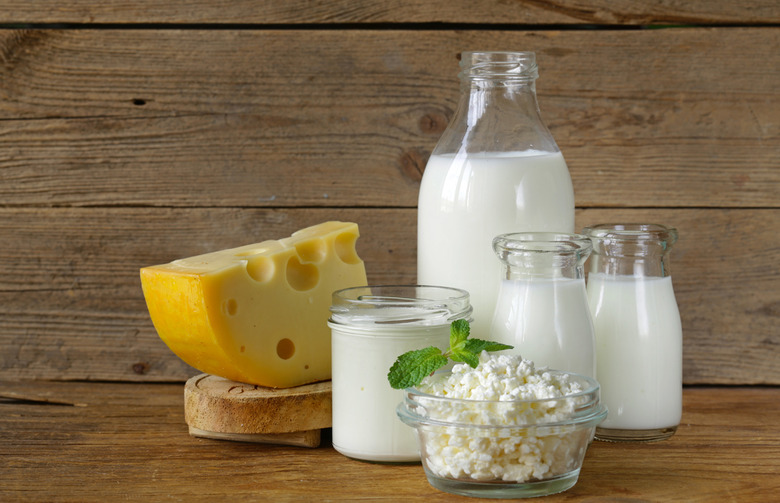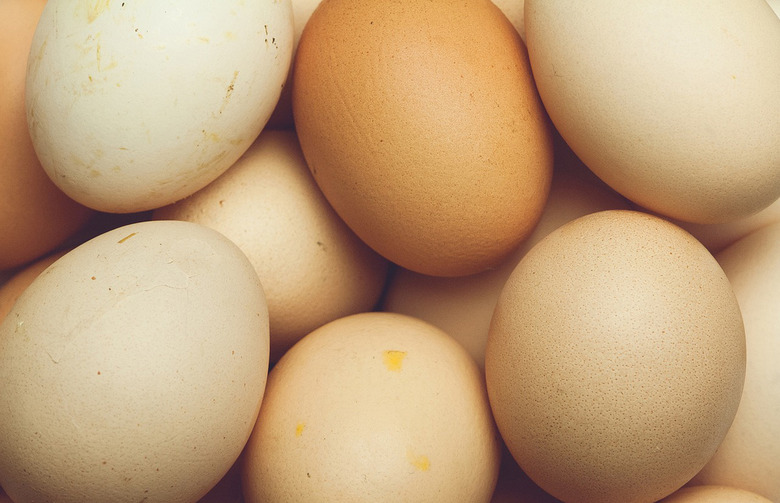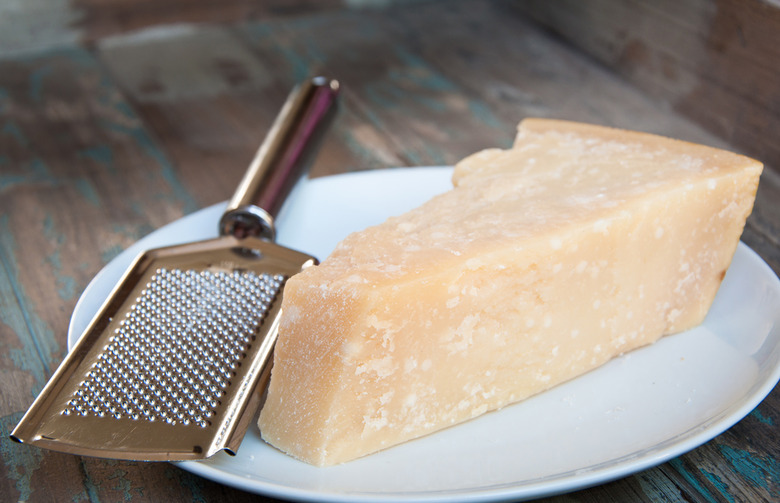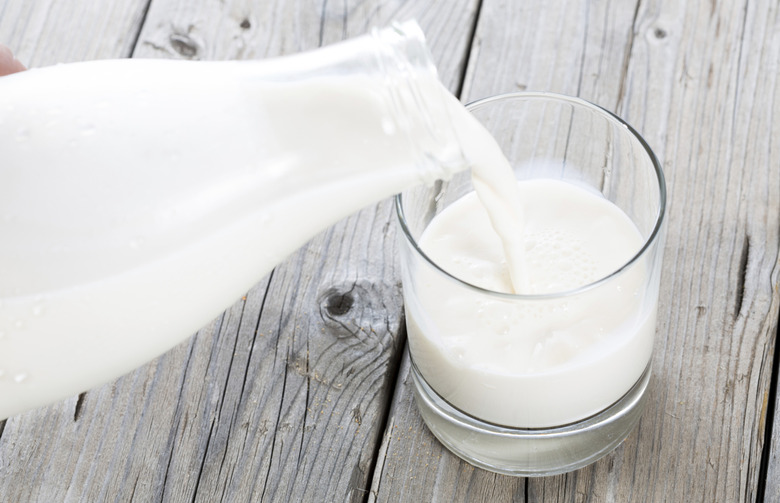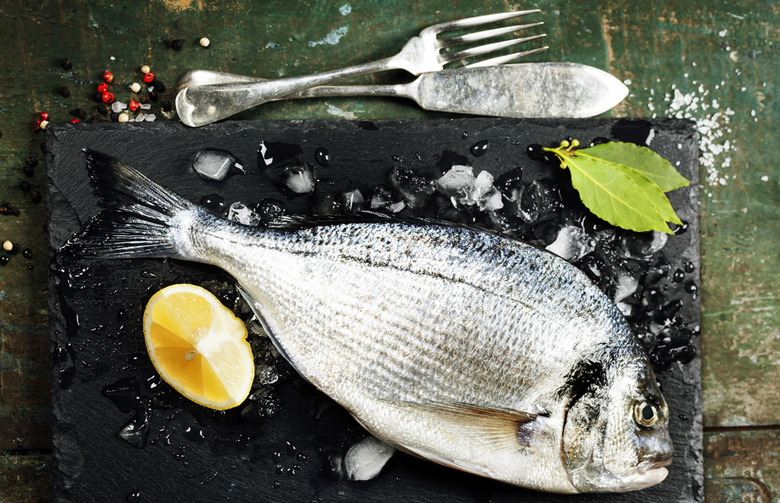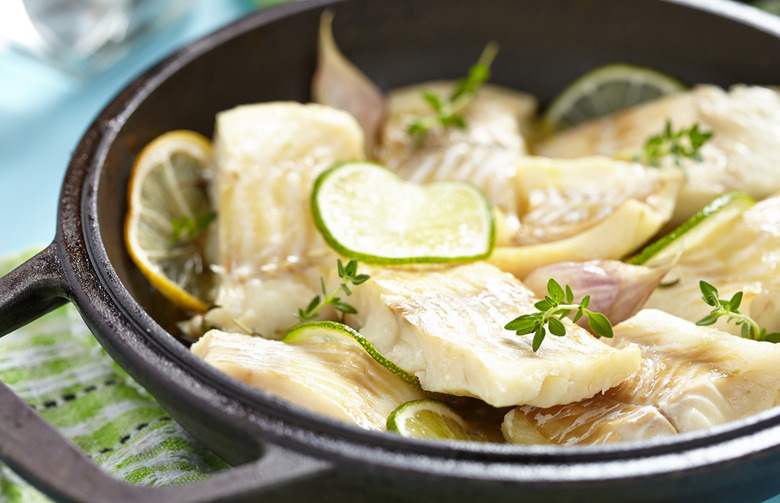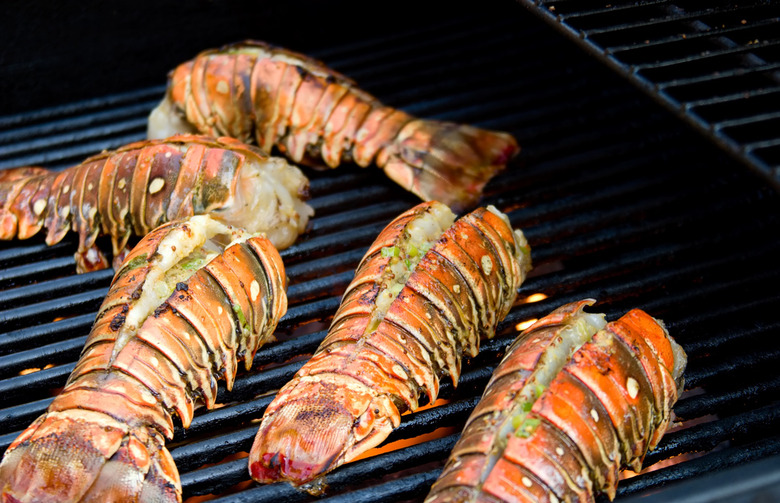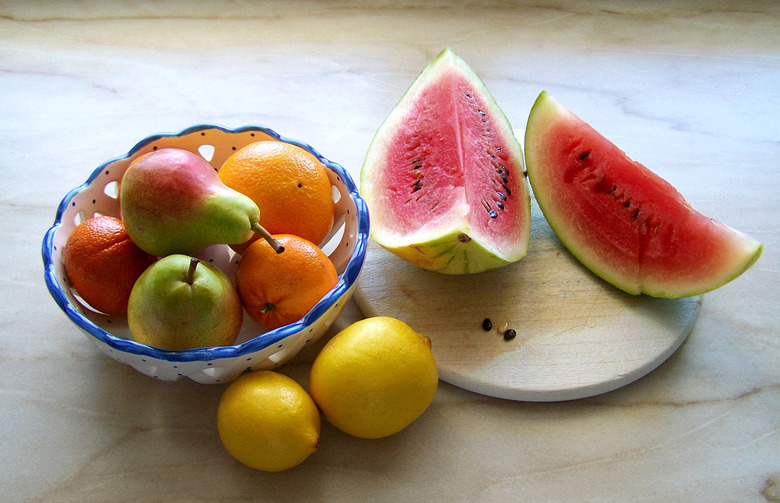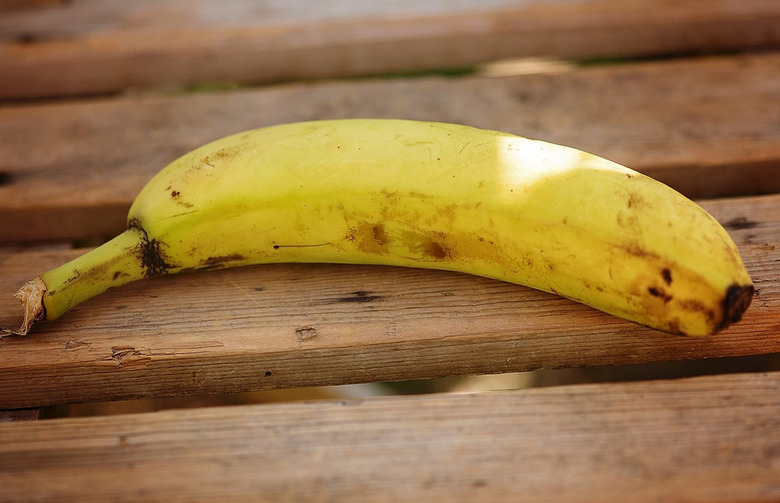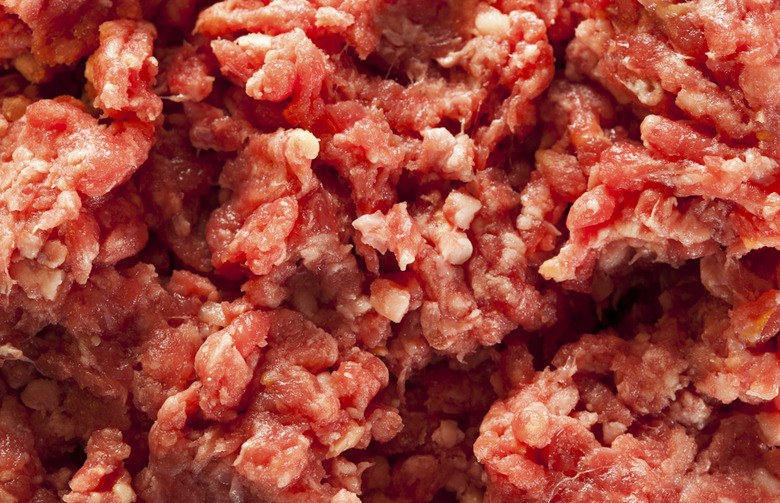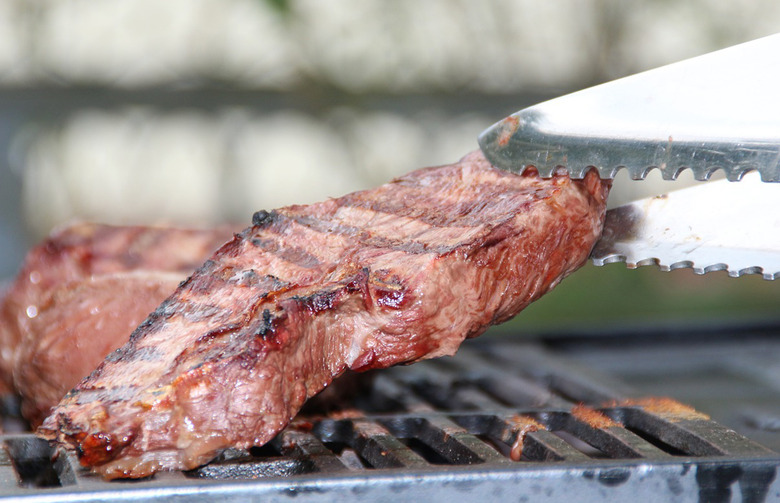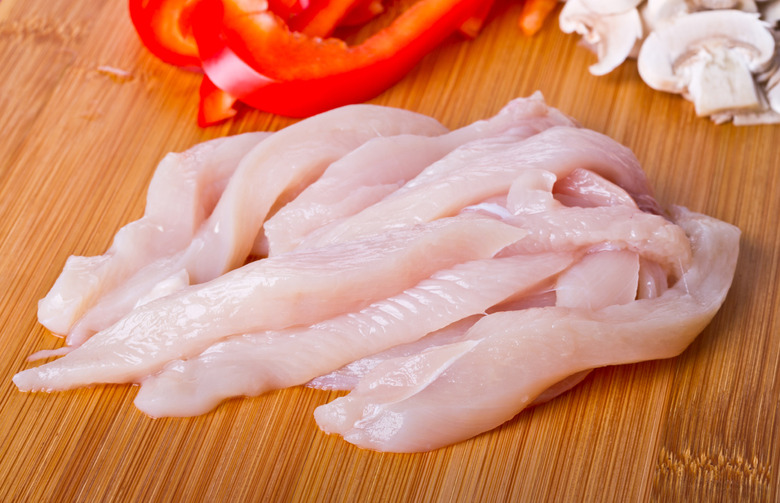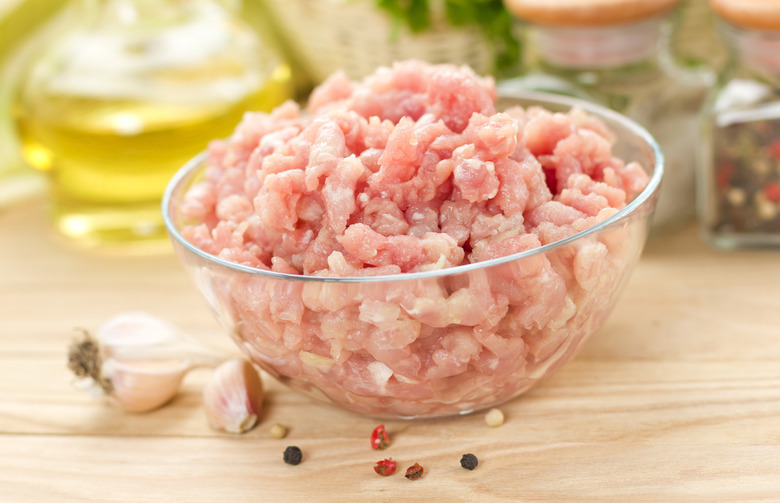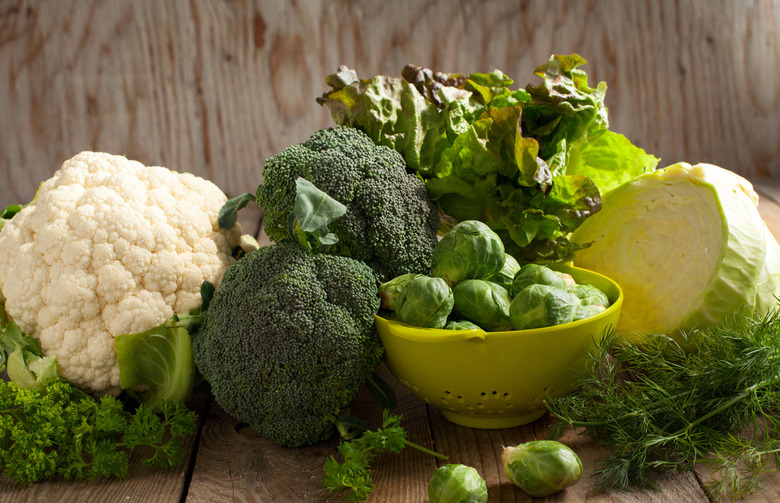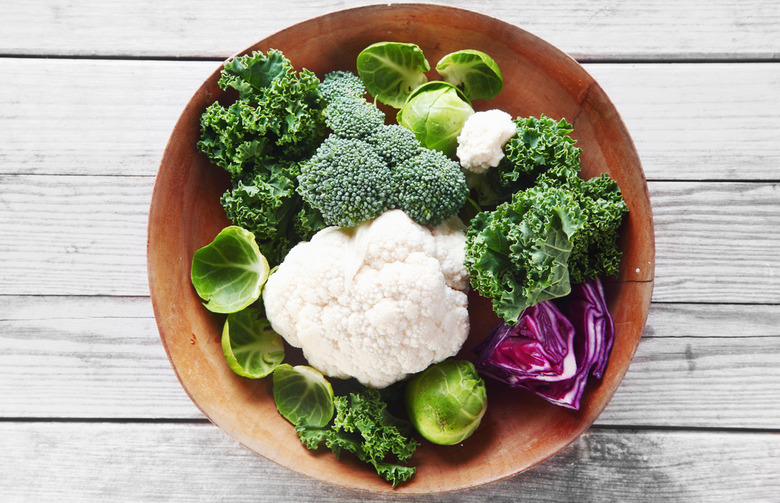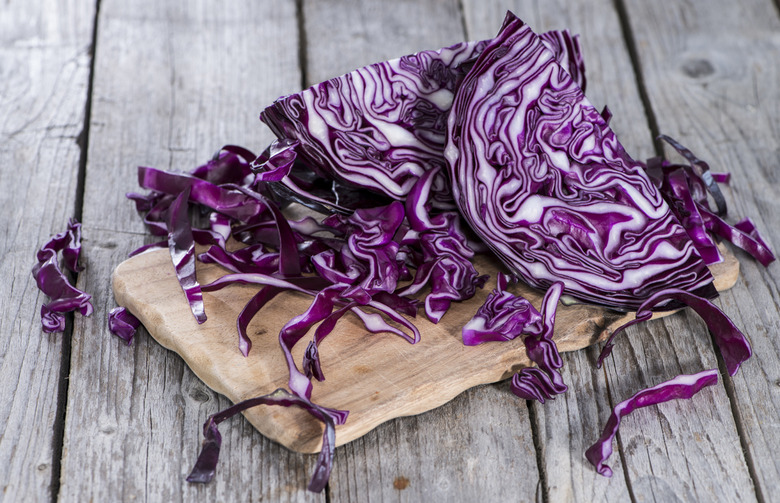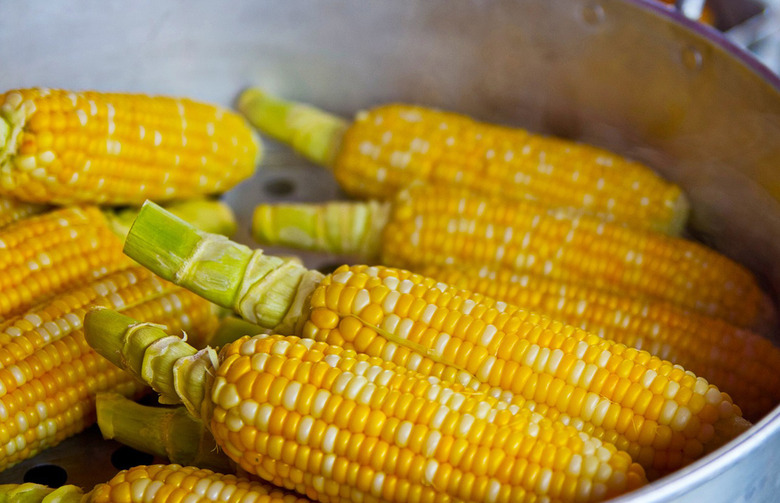How To Freeze Anything
Do you sometimes find yourself with a fridge full of food that you know you just can't finish before it expires? We've been there too. You buy this and that with the intentions of cooking all week, but all too often life gets in the way, and perfectly good food is left spoiling on your shelves.
Instead of contributing to the shameful 40 percent of our food supply that Americans dump into landfills each year, according to the NRDC, try giving foods a longer shelf life by freezing them.
Most fruits can last frozen anywhere from eight to 12 months. You can keep lean breads for up to six months in the freezer, while quick breads, like muffins and biscuits, will keep for up to three months. Additionally, take the shelf life of vegetables from days in the fridge to almost a year in the freezer.
Remember to always cool your foods before you freeze them, always thaw food properly (in the fridge not on the counter), and to prevent freezer burn, remove as much air as possible from the bag or wrap in which you are freezing your food.
Read on for more tips on the best ways to freeze anything from fresh produce to meats to dairy products.
Breads
Do you find that you can never finish a loaf of bread before mold takes over? Refrigerating breads tends to dry them out quickly.. Instead, freeze breads and add anywhere from two to six months of shelf life to your favorite grain products.
Breads: Enriched Bread
For enriched breads, like muffins, biscuits, and banana bread, store in an airtight freezer bag, or tightly wrapped in plastic wrap. Your loaves and muffins will keep for two to three months stored in the freezer.
Breads: Lean Bread
Wrap your loaves, rolls, and baguettes in plastic wrap or freezer bags. Just be sure that plastic wrap or bag is airtight in order to keep your bread from forming freezer burn. Lean breads will keep for three to six months in the freezer. Pre-slice your bread before wrapping so you can remove a slice at a time.
Dairy
Have you ever thought to freeze cheese, milk, or even eggs? You can actually add months to these perishable dairy products by storing them in the freezer.
Dairy: Eggs
You can freeze eggs for up to a year in a tightly sealed container. For whites or beaten eggs, simply pour them into the container, seal, and freeze. For yolks, add 1/8 teaspoon salt per ¼ cup of egg yolks to keep the yolks from becoming gelatinous.
Dairy: Soft Cheese
For soft cheeses, such as brie or goat cheese, cut the cheese into manageable portions. Next, wrap each portion tightly in plastic wrap. Finally, place the wrapped portions in an airtight freezer bag. The cheese will keep for about six months in the freezer.
Dairy: Hard Cheese
For hard cheeses, such as Cheddar, Parmigiano-Reggiano, and Swiss, cut the cheese into smaller portions. Seal each portion tightly in plastic wrap. Finally, place the wrapped portions in an airtight freezer bag. The cheese will keep for about six months in the freezer.
Dairy: Milk
As with any liquid, milk will expand in volume when frozen, so pour off some of the milk before freezing. Seal the top of the container with tape, and store in the freezer for up to three months.
Fish
If you are an avid fisherman or -woman or just someone who likes to buy in bulk, storing fish in the freezer will keep you from wasting this fresh food. Freezing can add up to six months to its shelf life.
Fish: Lean
Fish: Oily
Fish: Shellfish
Store shucked oysters, shrimp, or scallops in the tightly sealed bag in the freezer for up to three months.
Fruit
Fresh summer berries and perfectly ripe bananas can be enjoyed year round as long as you properly store and freeze your fruits and fruit products. Freeze fruits and add anywhere from eight to 12 months of shelf life to your favorite berries, bananas, and more.
Fruit: Bananas
You might be tempted to peel bananas before storing them in freezer bags, but bananas will stay freshest stored with their peel intact inside a freezer bag. The peel may grow discolored, but the banana will still be safe and delicious to eat or add to smoothies.
Fruit: Berries
First, wash and air dry the berries. Then spread them on a sheet tray in a single layer. Freeze the berries uncovered. Once the berries are frozen solid, store them in a freezer safe bag or container.
Fruit: Juice
For juice, it is important to remember that liquid expands when frozen, so if you're freezing the juice in its original container, pour off a little of it and then reseal the container with tape over the cap. (Do not freeze juice in glass.)
Meat
Whether you buy meat in bulk or just find yourself with a few extra steaks, you can freeze some meat for up to a year. Remember to thaw frozen meat in the fridge, not on the countertop, to prevent foodborne illnesses.
Meat: Ground Meat
Ground meat only keeps for one to two days in the refrigerator, but stored in an airtight bag in the freezer ground meat will stay fresh for three to four months.
Meat: Lunch Meats
While you only have days to work your way through cold cuts stored in the freezer, you can keep cold cuts fresh stored in their original packaging inside an airtight bag in the freezer for one to two months.
Meat: Steaks
Add months to the life of steaks by storing them in airtight bags or plastic wrap in the freezer. Your steaks will stay fresh anywhere from 10 to 12 months in the freezer.
Poultry
If you find yourself with extra chicken or turkey, freeze it in tightly sealed bags in order to add up to a year to its shelf life. When you are ready to thaw your poultry, transfer it to the fridge to slowly thaw, or use the poultry defrosting setting on your microwave to speed up the process safely.
Poultry: Ground
Ground Poultry, such as chicken or turkey, will keep in an airtight plastic bag in the freezer for three to four months.
Poultry: Whole
Frozen poultry will keep longer whole than cut up. Store the poultry in a tightly sealed bag in the freezer this way for up to a year or cut into pieces for up to nine months.
Vegetables
Want to enjoy sweet summer corn and peas year round? Then start freezing these vegetables at peak freshness. For the best taste, blanch vegetables before freezing by cooking them in rapidly boiling water, and then putting the vegetables in ice water. Blanching vegetables slows the natural enzymes to keep flavors, color, and texture of your favorite vegetables at their best.
Vegetables: Broccoli and Cauliflower
Thoroughly wash and trim your vegetables, then blanch them for about three minutes. Once dried, store the vegetables in an airtight bag in the freezer for eight to 12 months.
Vegetables: Cabbage
Prepare the cabbage by shredding or cutting into manageable wedges. Next, blanch the cabbage for about one or two minutes. Finally, store the cabbage in an airtight bag in the freezer for eight to 12 months.
Vegetables: Corn
Prepare the corn by shucking and removing the corn from the cob. Blanch the kernels for three minutes, then store the corn in an airtight bag in the freezer for eight to 12 months.

